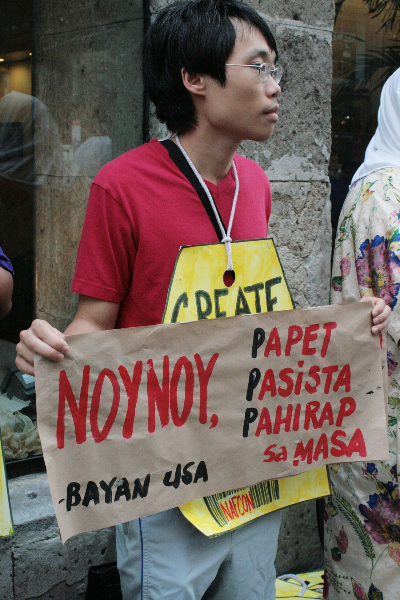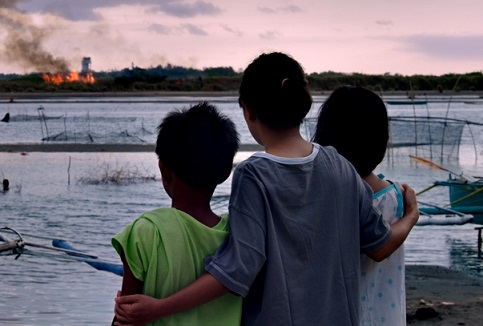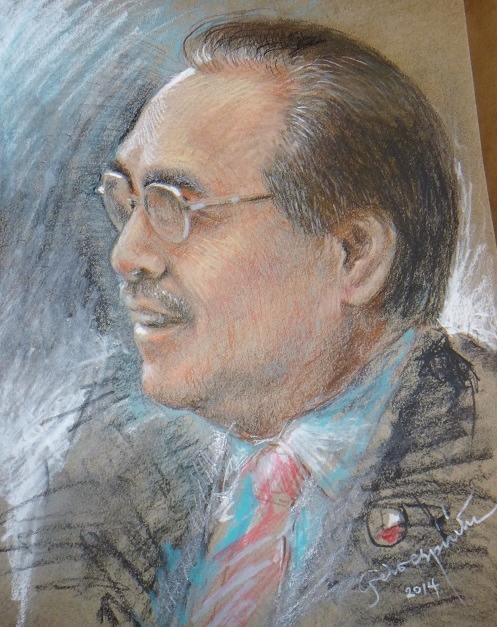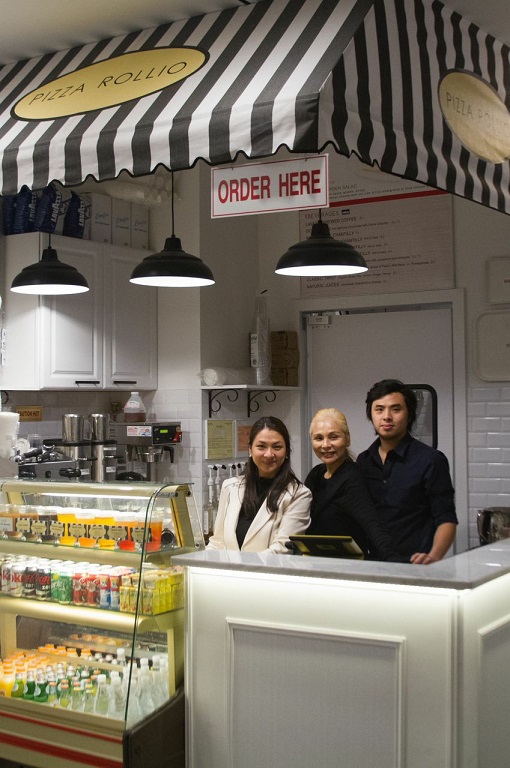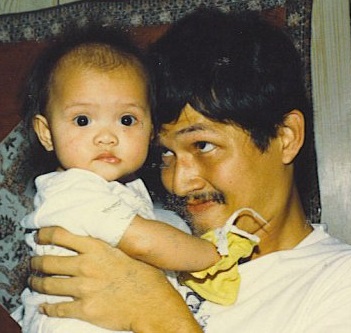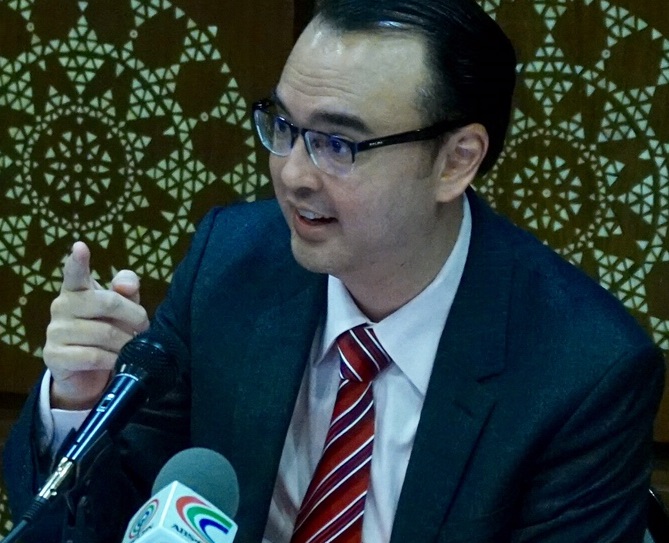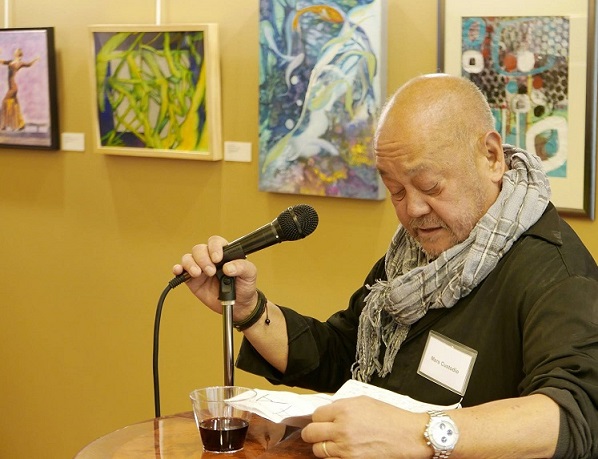Juliette CEO Rechelle Balanzat: ‘I am building a brand’

By Cristina DC Pastor
It’s been a turbulent two years for many businesses, not the least the laundry and dry clean industry.
Juliette, a boutique wash-and-fold business in Manhattan, lost one of its drop-off locations and furloughed 75 percent of its staff. “That’s the hardest part,” said founder and CEO Rechelle Balanzat.
The business hit a slow stretch with COVID-19 forcing people to stay home. Nobody was dressing up for dinners and men weren’t wearing suits to Zoom meetings. It felt like 2014 all over again when Rechelle founded Juliette unsure of where it would lead to or what would become of it.
Now, almost three years into the pandemic, Juliette is seeing the bounce back. The company has increased the number of drop-off points from two to five across the city. People are starting to go out to cocktail parties, family reunions and cruises and they are dressing up like never before.
What’s different about eight years later is how technology has taken hold of the company. Although business has crawled since 2020, Juliette continued to remain in the public consciousness through app, text, phone, and Instagram.
“We opened lines of communication with all clients telling them we’re still here, we’re still operating,” she said. “We offered them so many ways to request a pick-up.”
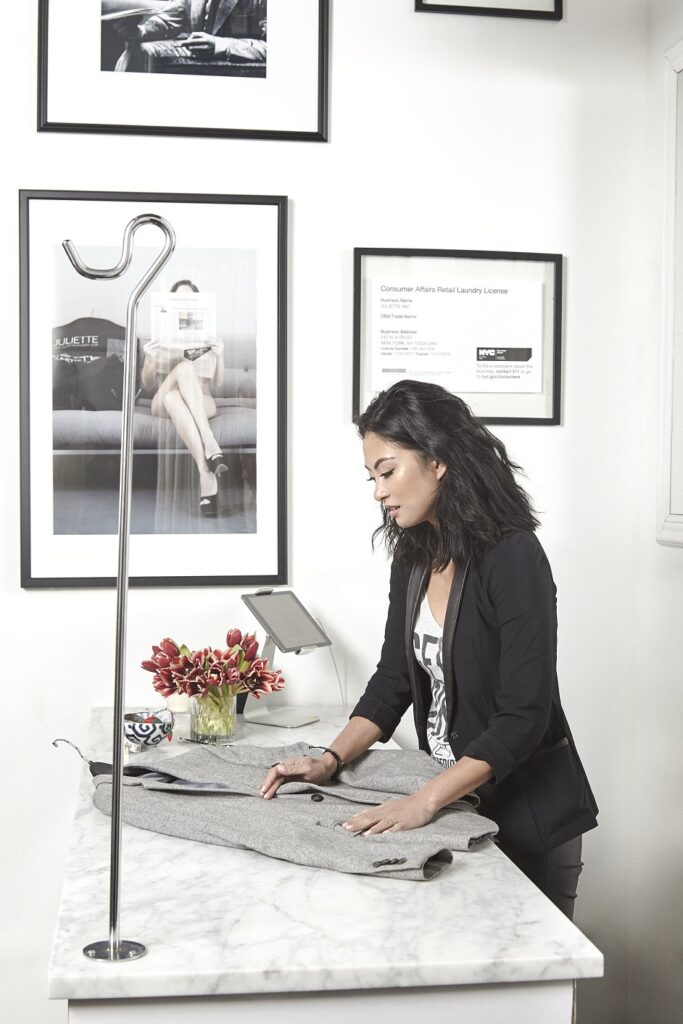
Before the pandemic, pick-up time was from 6 p.m. to 10 p.m. daily. Delivery time was 24 hours later. With COVID, delivery time now takes 2 to 3 days. It didn’t matter much. Pick-up and delivery grew the business. While traditional brick-and-mortar laundromats depended on foot traffic, Juliette was working in the late hours when the shops had closed for the day.
A typical volume in one location would be 400-700 pieces of dry clean items a day and 40-60 bags of wash-and-fold laundry items. That number went down at the start of the pandemic, but is now steadily recovering.
“The industry was really hurting and is still grappling. Right now, we’re all trying to get back to where we were. Everyone is still in survival mode,” Rechelle said in an interview with The FilAm.
Juliette’s forte is its quick turnaround. It was the reason Rechelle got into the business in the first place. One day, while waiting for her food to be delivered, she wondered, “Where is the app to pick up laundry?”
No clear leader
Rechelle is trying to elbow her way into a $20 billion industry, where, she maintains there is no clear leader.
She said, “The laundry and dry clean industry has been operating in the same manner for decades. You go to the cleaners then you pick up your clothes. Juliette tapped into the huge opportunity to bring technology and automation into that process at the same time creating a transparent experience for clients.” With technology being scalable, there is a real opportunity to become a category leader, she added.
Rechelle has already gotten ahead.
“I’m the only female in the digital laundry technology business,” she declared. Juliette, she said, has cornered a segment of the industry – she’s mum about the size for now — despite the abundance of traditional cleaners in New York City and a couple of up-and-coming rivals similarly specializing in cutting-edge technology. Mark Ruffalo and the Hadid sisters are among the celebrities who use the Juliette app.
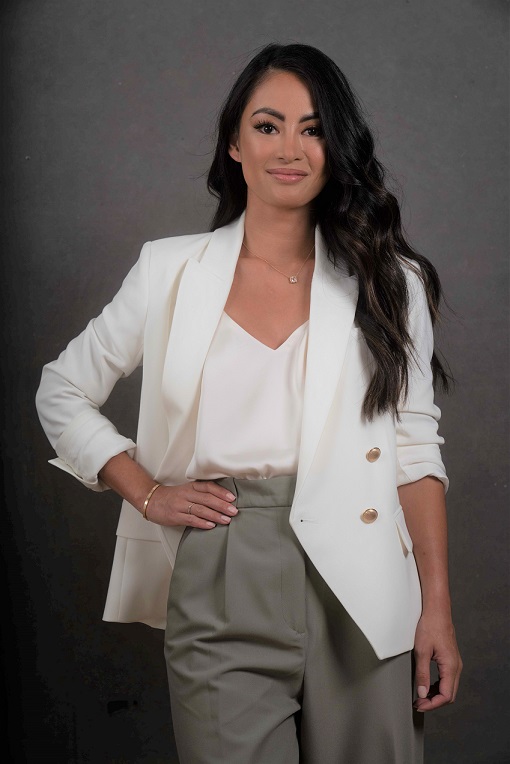
CEO before 30
A CEO before she even turned 30, the Manila-born Rechelle came to the U.S. when she was 3 years old.
“My first language was Tagalog,” she said. “I was forced to learn English when I went to Catholic schools.”
Hers was a typical Filipino immigrant upbringing. “My mom worked four jobs but made sure I went to Catholic schools.” From St. Vincent de Paul in Bayonne for her elementary education to the Jesuit-run Fordham in Manhattan where she graduated with honors in philosophy.
She told the rest of her story with candor, with no hint of self-consciousness. There was no real role model for business in her family, she shared. She was born to teenage parents who were about 16 or 17 years old when they married in the Philippines. They divorced when she was 7. Rechelle grew up with her mom who laid down the basics of what it meant to stay in business: learning to balance the checkbook, valuing the dollar and knowing the meaning of sacrifice. “What I learned from her I practice to this day.”
Filipino connection
It came as no surprise that when she founded Juliette in 2014, her mother was among her first investors. Her grandfather and a younger cousin had also offered to bankroll from their savings. Borrowing from relatives has allowed Juliette to take off.
From there, it’s been Rechelle all the way. She tapped into her background in finance, advertising and technology to find investors, raise funds, access fellowships from Goldman Sachs and Tory Burch, or good old fashion hustling from old contacts.
One of her early clients were Filipino house managers who worked for powerful New York families from neighboring Fifth Avenue and the West Village.
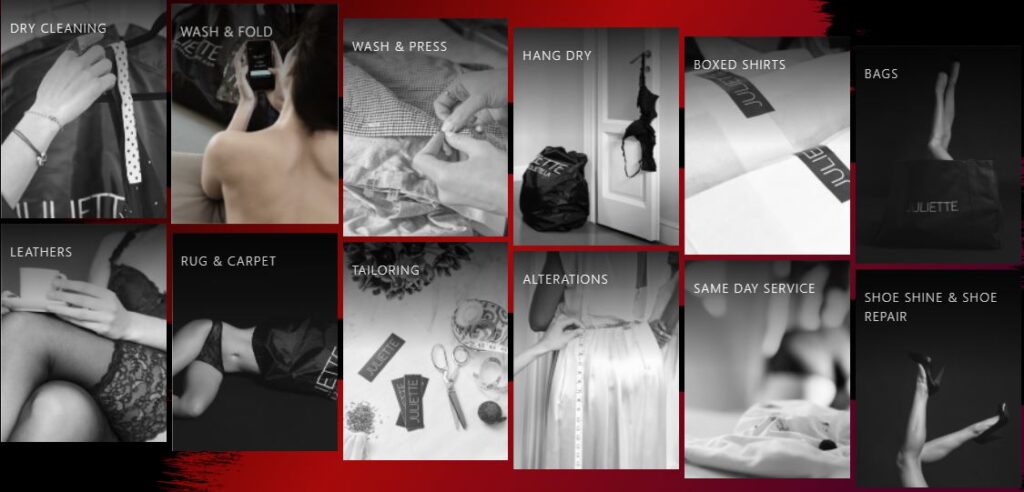
“They would call us, can you please handle the dry clean for this location. And we would pick them up from the front desk or their doormen, and deliver the following day,” she said.
She was proud of that community connection because she yearned, as a Filipino entrepreneur, to be of service as well as to inspire.
Scarcity and abundance
Looking back at how Juliette has grown has allowed her to also reflect on her own journey as a self-reliant business person. There is this threshold from “scarcity” to “abundance” she felt immigrants must have to cross.
When her family came to the U.S., theirs was the typical story of immigrants trying to survive in a foreign land. “Everything was about fear and intimidation and dreams being limited. That was scarcity.”
“Now, I am an entrepreneur with the mindset of I am an American and I belong here where there is abundance and opportunity,” she said.
She wanted more Filipino entrepreneurs to pursue their passions and for their dreams not to be limited by “fear and intimidation.” Sometimes the transition from scarcity to abundance can be difficult.
Being a woman comes with its own set of cultural expectations, making work-life balance almost unattainable.
“Filipinos are very family oriented and there’s a lot of questions like are you going to have kids? When you’re dedicating 10-12 hours of your day to career, it is difficult to spend time in other areas of your life especially your personal life.”
© The FilAm 2022

